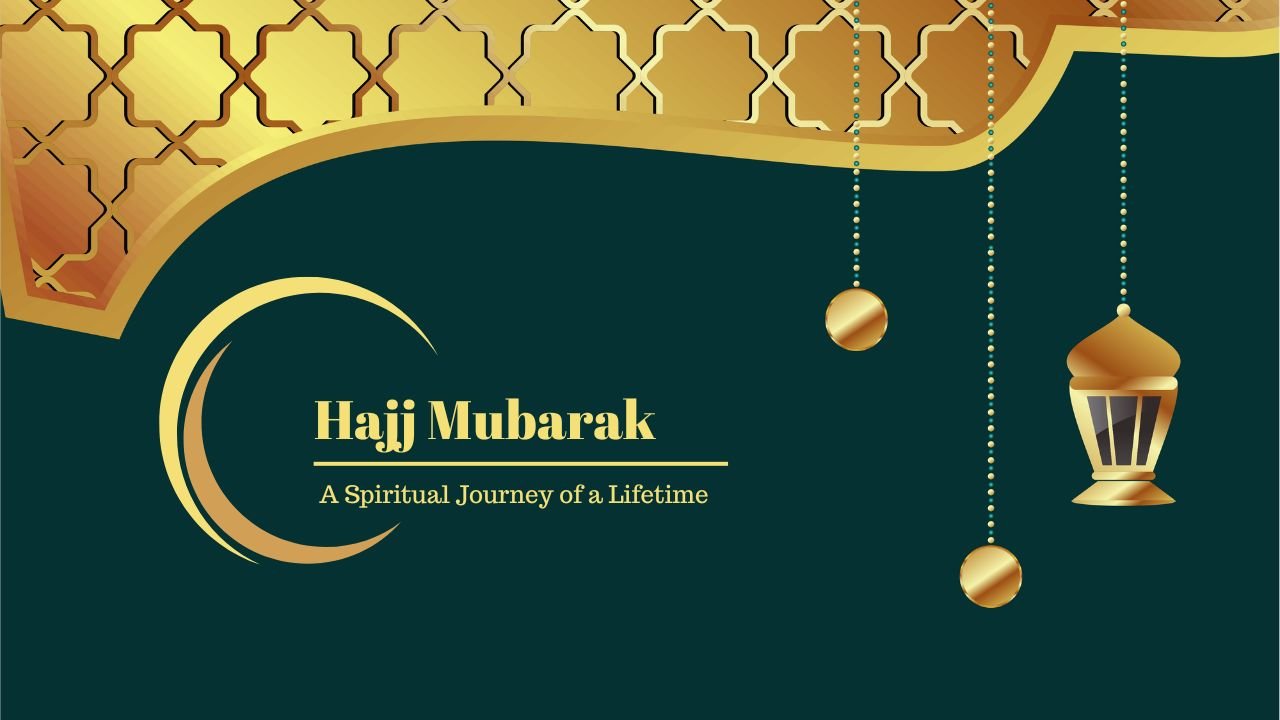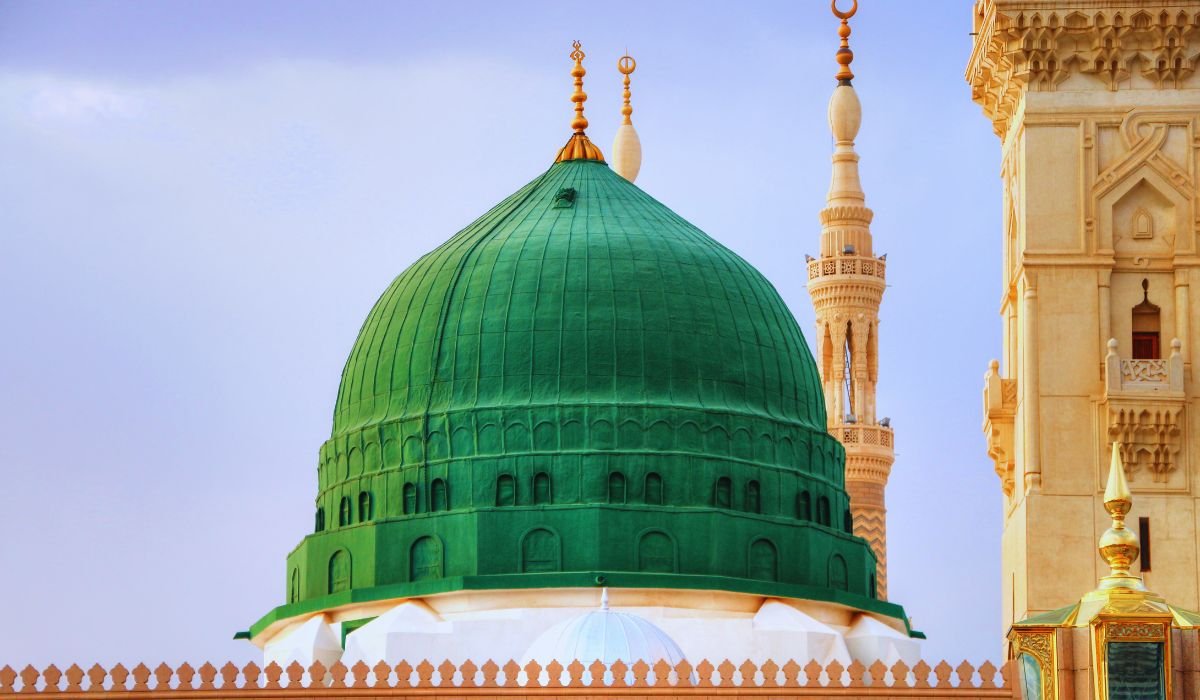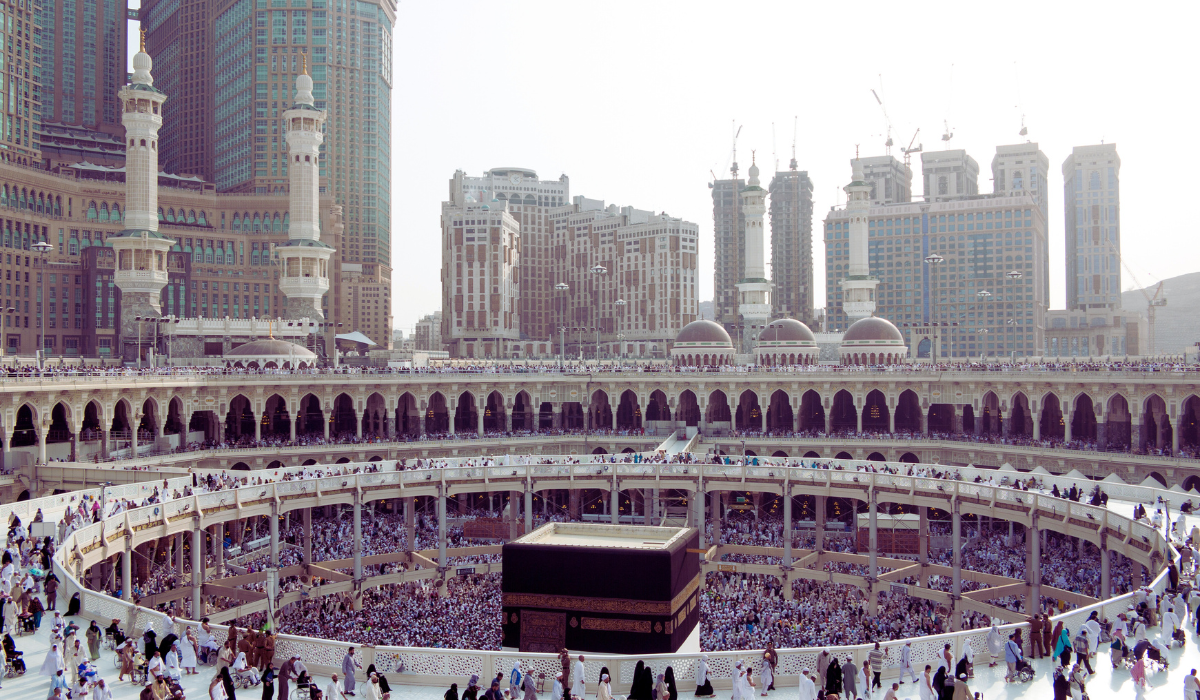Hajj in Islam: A Spiritual Journey of a Lifetime
Hajj is one of the most important parts of worship in the Islamic religion. It is one of the Five Pillars of Islam and is the culmination of a Muslim’s worship of Allah. Meanwhile, millions of Muslims worldwide attend this duty every year in the holy city of Makkah. As Hajj 2025 draws near, it is time to familiarise ourselves with this fundamental tenet of faith, the essence of the rites, and the role of Hajj in strengthening the Ummah’s unity.
The Significance of Hajj in Islam
Hajj is that which each Muslim should perform in their lifetime if they are physically and financially capable of so doing. Hajj in Islam holds the importance of submission, respect, and worship of Allah. It is by far not just an earthly pilgrimage but a pilgrimage of worshipping Allah that enhances one’s purification of the soul and increases one’s faith. It tells Muslims about the oneness of mankind, about the equality of the people, about millions of people covered in identical garments, prostrating before the One God Allah.
The Quran emphasizes the importance of Hajj in Islam, stating:
“And proclaim to the people the Hajj; they will come to you on foot and on every lean camel; they will come from every distant pass.” (Surah Al-Hajj 22:27)
Hajj Step-by-Step Guide
Performing the Hajj pilgrimage involves several rituals that follow the footsteps of Prophet Ibrahim (AS) and his family. Below is a comprehensive breakdown of the Hajj steps:
- Ihram: The journey begins with entering a state of Ihram, a sacred state marked by wearing simple white garments and reciting the Talbiyah. This symbolizes purity and equality.
- Tawaf: Pilgrims perform Tawaf by circumambulating the Kaaba seven times in a counterclockwise direction, demonstrating love and submission to Allah.
- Sa’i: This involves walking back and forth between the hills of Safa and Marwah, commemorating Hajar’s search for water for her son, Ismail (AS).
- Arafat: Standing on the plain of Arafat on the 9th of Dhul-Hijjah is the pinnacle of Hajj. Pilgrims spend the day in worship, supplication, and reflection, seeking Allah’s forgiveness.
- Muzdalifah: After sunset, pilgrims move to Muzdalifah to collect pebbles for the symbolic stoning of the devil.
- Ramy al-Jamarat: Pilgrims stone the three pillars in Mina, reenacting Prophet Ibrahim’s rejection of Satan’s temptations.
- Qurbani: Sacrificing an animal is performed to commemorate Prophet Ibrahim’s willingness to sacrifice his son in obedience to Allah’s command.
- Tawaf al-Ifadah: Pilgrims return to the Kaaba for another round of Tawaf, marking the completion of Hajj.
- Halq or Taqsir: Men shave their heads (Halq), while women trim a portion of their hair (Taqsir), symbolizing renewal and humility.
- Farewell Tawaf: Before leaving Makkah, pilgrims perform a final Tawaf, bidding farewell to the sacred house of Allah.
By following these steps of Hajj, Muslims fulfill a journey of immense spiritual significance.
The Connection Between Hajj and Umrah
The hajj and Umrah are two kindred worshiping processes in the Islamic religion. Hajj is similar to Umrah in the sense that it requires Muslims to undertake a journey to Makkah and engage in similar physical activities but of prime difference hajj is a required pilgrimage while Umrah is sunnah and can be conducted at any time in the year. Both of them develop a Muslim’s relationship with Allah further and also increase their spiritual development.
Hajj 2025: Preparing for the Sacred Journey
As Hajj 2025 draws near, pilgrims must spiritually and logistically prepare themselves. Here are some tips to ensure a fulfilling experience:
- Strengthen Your Faith: Engage in regular prayers, and Quran recitation, and seek knowledge about the rituals of Hajj and their meanings.
- Learn the Hajj Steps: Introduce yourself to the Hajj step-by-step process to perform each ritual correctly.
- Health and Fitness: Ensure you are in good health, as Hajj requires physical perseverance. Regular exercise and a balanced diet can help prepare your body.
- Documentation: Complete all essential travel documents, such as passports, visas, and medical certificates.
- Pack Essentials: Prepare Ihram clothing, comfortable footwear, and other necessities for the journey.
Hajj 2025: The Spiritual Benefits of Hajj
Hajj offers countless spiritual benefits that transform a believer’s life. Some of the key benefits include:
- Forgiveness of Sins: Performing Hajj with sincerity can erase past sins, as stated by the Prophet Muhammad (PBUH): “Whoever performs Hajj and does not commit any obscenity or wrongdoing, he or she will return (pure) as on the day their mother gave birth to them.” (Sahih Bukhari)
- Strengthened Faith: Hajj renews a Muslim’s obligation to Allah and reinforces their connection with the Creator.
- Unity and Equality: The gathering of millions of Muslims from diverse backgrounds exemplifies the unity and equality of the Islamic faith.
- Gratitude and Patience: The challenges of Hajj teach pilgrims to be thankful and forbearing in their everyday lives.
Hajj Mubarak: A Blessing for the Ummah
As Muslims embark on this sacred journey, they greet each other with “Hajj Mubarak,” a heartfelt wish for an acknowledged and blessed pilgrimage. This expression reflects the joy and spiritual satisfaction associated with Hajj.
Hajj 2025 with Mustafa Travels And Tour: Journey of Faith and Devotion
Hajj is one of those worship acts that represent the spirit of Islam as it contains the spirit of surrender, humility, and devotion. When planning for the success of Hajj 2025 it is critical to consider the great importance that this religious pilgrimage has in your life while at the same time ensuring that you get to have a clean soul as you have the opportunity to get closer to Allah. Mustafa Travels And Tour has been conceived to oblige you to fulfill this noble obligation of empowering you to complete the above-listed tasks. May Allah accept all pilgrims for their Hajj and Umrah and bless the whole of the Islamic ummah indeed. Hajj Mubarak!






